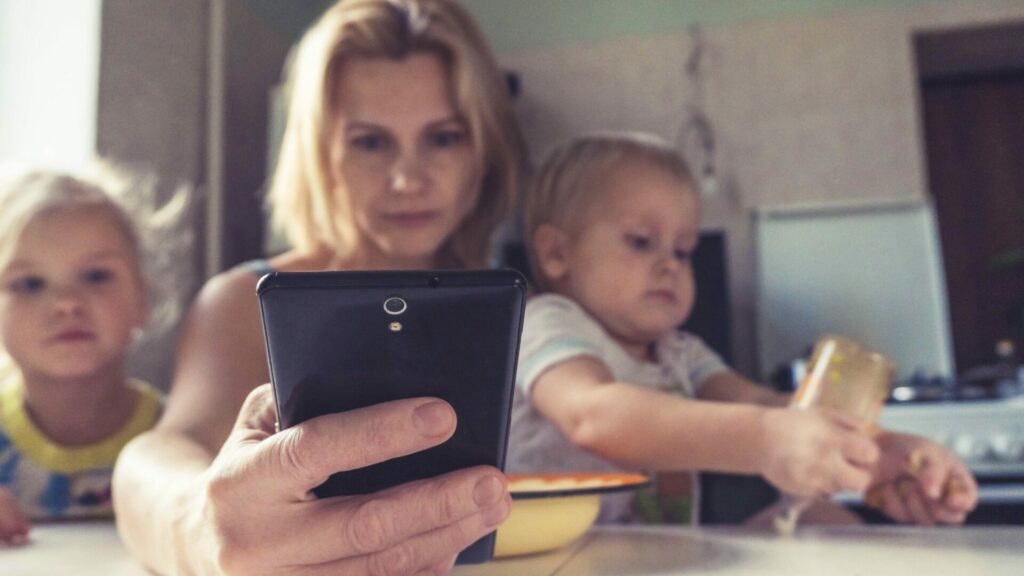A recent study conducted by researchers in Estonia has revealed a connection between increased screen time and diminished language development in children, with video games appearing to have the most significant negative impact.
The research, which involved data collection from over 400 families, examined the screen usage patterns of both parents and children, as well as the language proficiency of the young ones. The findings indicated that children's screen time habits tend to mirror those of their parents, and higher levels of screen use correlated with lower language abilities.
Dr. Tiia Tulviste from the University of Tartu, who led the study, emphasized, "Our research shows that children's screen use behaviors closely resemble their parents'. Experts in child language development stress the crucial role of daily interactions with adults in early language acquisition, where children are active participants."
Dr. Tulviste further noted, "However, we're aware that all family members are often engaged with their screen devices. Given that time is a limited resource, it's essential to investigate how this fierce competition between face-to-face interaction and screen time impacts a child's language development."
This study aligns with previous research that has associated screen time with delayed language development. The current theory explaining this correlation suggests that increased screen time results in reduced face-to-face interaction with adults, which is the primary method through which children develop critical language skills such as grammar and vocabulary.
Dr. Tulviste explained, "While e-books and certain educational games may offer language learning opportunities, particularly for older children, studies indicate that during the initial years of life, the most influential factor is regular, one-on-one verbal interaction between parent and child."
Interestingly, the study found that video games were the most detrimental form of screen time, associated with significantly hindered language development. This trend persisted even when children were merely observing others play games rather than playing themselves. However, this particular finding may be specific to Estonian families, as few video games offer experiences in the Estonian language.
Familyguide previously reported on a related study involving infants:
A study conducted in Japan, involving 7,000 one-year-old babies, found a link between increased screen time and delayed development in communication, fine motor skills, and problem-solving abilities.
Dr. Jennifer Ashton, chief health and medical correspondent for ABC News, stated, "The more screen time these babies had at 1 year of age, the worse their developmental milestones were at 2 years of age, particularly in communication."
The study also revealed that children who spent four or more hours on devices were nearly six times more likely to experience developmental delays as they grew older. They were also 1.74 times more likely to have underdeveloped fine motor skills and twice as likely to have not properly developed their personal and social skills.
You may also like
-
Actress’ Baby Only Wanted THIS?! God SHOCKED Her With The Truth!
-
Discord: Is Your Child's Soul at RISK? (The TRUTH Parents MUST Know!)
-
Candace Cameron Bure's Kids Asked Her *This* Question About Faith?!
-
Hollywood Star's Secret Weapon for Sharing Faith Fearlessly!
-
PBS Kids Just Did WHAT?! The Future of Family Gaming is Here!

